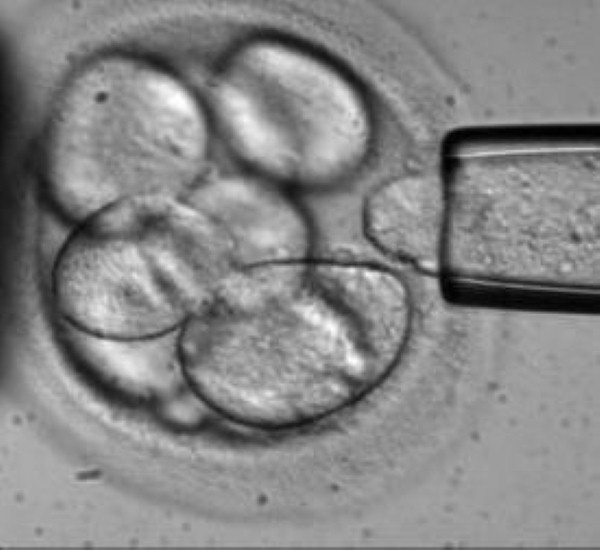Researchers at the University of Vermont have identified a new procedure involving stem cell therapy to treat patients suffering from heart disease.
The research, which was carried out by University of Vermont Associate professor of medicine Jeffrey Spees, and colleagues, uses a type of bone marrow-derived progenitor to improve cell engraftment.
Stem cells have the potential to develop into a wide variety of cell types within the human body and can be used to repair damaged tissue. Researchers have struggled with cell engraftment until now and have only had limited success in grafting cells from culture back to injured tissue.
These latest experiments used the type of bone-marrow progenitor that forms stromal cells, which form connective tissue and play a role in the creation of blood cells. Stromal cells produce ligands, which protect injured tissue and promote tissue repair. The ligands interact with receptors on the surface of stem cells, instructing them to adhere, divide, or differentiate into a mature cell.
Professor Spees and his colleagues isolated a medium taken from the human bone marrow-derived progenitor cells and discovered that it contained Connective Tissue Growth Factor (CTGF) and the hormone insulin. This enabled them to confirm that the ligands would protect a cardiac progenitor cell and facilitate engraftment.
An experiment was conducted in which a rodent with heart infarction was treated with 'naked' stem cells and with cells that had been incubated in a medium of CTGF and insulin on ice for approximately 30 minutes; the cells were grafted sub-epicardially. The results showed that the priming cocktail increased graft success.
“We broke the record for engraftment!” exclaimed Spees. His team continues to study cell grafts in rodents and could extend the technique to humans in the future.
Coronary heart disease remains the most common cause of death in the UK, accounting for 74,000 fatalities each year. Professor Spees' research stands to benefit the 2.3 million people who suffer from the disease in the UK; in particular, it could enable bypass patients to have their cells harvested at their first surgery and used to partially rebuild their heart if they return for further treatment.

